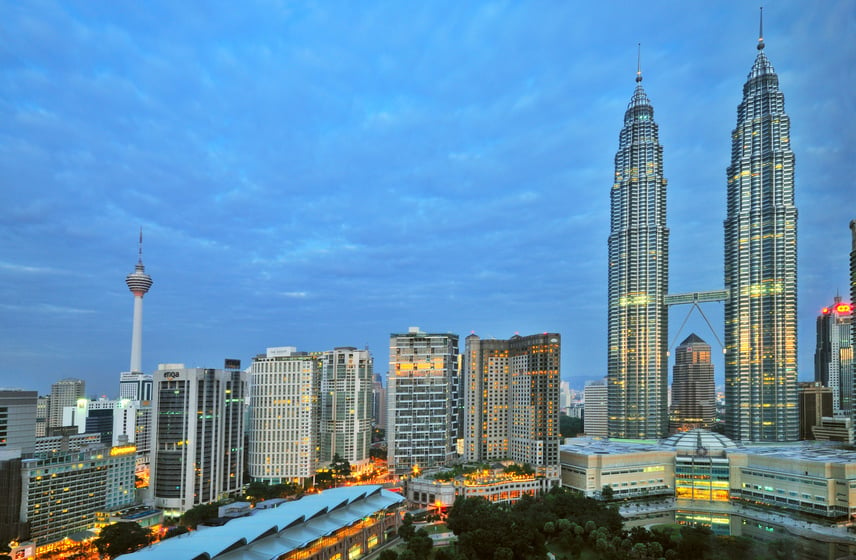Hong Kong’s data privacy law, the Personal Data (Privacy) Ordinance (Cap. 486) (PDPO), has been amended to introduce “anti-doxxing” provisions. The new regime creates offences to curb doxxing acts, and empowers the Privacy Commissioner for Personal Data (“Commissioner”) to carry out criminal investigations, institute prosecutions and issue cessation notices. The changes came into effect on 8 October 2021.
Since finding that the Police’s use of a “No Consent Regime” (“Regime”) in freezing accounts that contain suspected proceeds of crime was unlawful and unconstitutional, the Hong Kong Court of First Instance has now handed down its decision on relief and costs in Tam Sze Leung & Ors v. Commissioner of Police [2022] HKCFI 772.
The Court declared that the Letters of No Consent (LNCs) in issue and the Regime “as operated” by the Police are: (i) ultra vires Sections 25 and 25A of the Organized and Serious Crimes Ordinance (OSCO) (Cap. 455); and (ii) incompatible with Articles 6 and 105 of the Basic Law, as the Regime as operated by the Police is not prescribed by law and is disproportionate
Providers of managed security operations centre monitoring services and penetration testing services, collectively referred to as licensable cybersecurity services (LCS), should note that Part 5 of (and the Second Schedule to) the Cybersecurity Act 2018 will enter into force on 11 April 2022, implemented by the Cybersecurity (Cybersecurity Service Providers) Regulations 2022. To assist LCS providers in applying for the required licenses, the Cybersecurity Services Regulation Office has published an online collection of resources including application guides and a licensee information package.
The Australian Government recently introduced new manufacturing, labelling and packaging requirements for medicinal cannabis products manufactured or supplied in Australia, under amendments to the Therapeutic Goods (Standard for Medicinal Cannabis) (TGO 93) Amendment Order 2022 (Amendment Order), effective as of 28 March 2022.
In March 2022, the Health Sciences Authority released its revised Health Supplements Guidelines. This is accompanied by sets of brand new guidelines regarding (i) claims and claims substantiation; (ii) labelling standards; and (iii) safety and quality standards, which were also released on March 2022.
As the development of new technologies and the introduction of new systems and policies aimed at achieving a carbon-neutral society is progressing around the world, Japan has also introduced policies to encourage innovation of private businesses in hydrogen and other technologies with the potential of decarbonizing society.
Baker McKenzie’s Sanctions Blog published the alert titled Japan announces which items will be subject to the ban on exports of luxury goods to Russia on 4 April 2022. Read the article via the link here. Please also visit our Sanctions Blog for the most recent updates.
Baker McKenzie’s Sanctions Blog published the alert titled Australia to increase tariffs for products from Belarus and Russia; and introduces new luxury goods export sanctions for Russia on 05 April 2022. Read the article via the link here. Please also visit our Sanctions Blog for the most recent updates.
The Carbon Tax was introduced in Law No. 7/2021 on Harmonization of Tax Regulation. The Carbon Tax will be imposed on carbon emissions that have a negative impact on the environment. The law stated that the Carbon Tax would be applied starting on 1 April 2022 for coal fired power plants. The law requires an implementing regulation in the form of a Minister of Finance regulation to stipulate the tariff and basis of the Carbon Tax, and a government regulation to stipulate the tax subject and tax object. There has to be consultation on the regulations with the Indonesian parliament.
Amendments to the Employment Act 1955 (“Act”) have been long overdue. On 30 March 2022, the Employment (Amendment) Bill 2021 was passed in Dewan Negara (Senate). The amendments have not come into force and there is currently no indication as to when this might happen.


